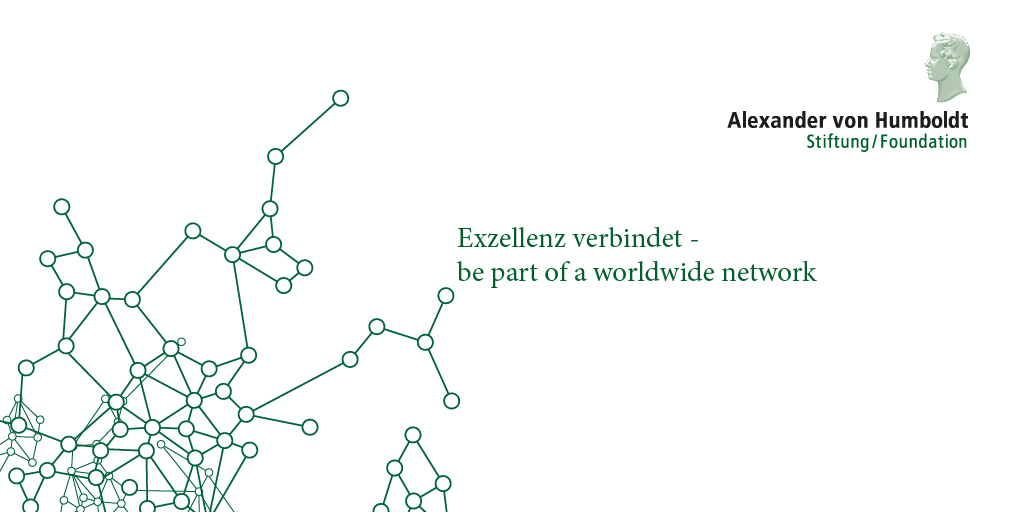
UAlberta has a rich history of cooperation with Germany, reflected in partnerships and programming such as the e3 in Berlin summer program. In particular, UAlberta is the only university worldwide with an established agreement with the prestigiousAlexander von Humboldt Foundation (AvH).
Coinciding with Alexander von Humboldt's 250th birthday in 2019, UAlberta and the AvH gathered at the German Embassy in Ottawa on May 9 to renew their Memorandum of Understanding confirming their ongoing commitment to collaboration, as well as to reflect on the success of such efforts.
Through AvH, leading scientists and scholars have the chance to conduct their research abroad at major German institutions, in connection with German colleagues. Humboldt Fellows become members of the worldwide Humboldt network, an elite research group that engages more than 27,000 scientists from all disciplines in over 140 countries, including 50 Nobel Prize laureates.
Dr Craig Owen Heinke, professor of Physics at UAlberta, spent six months at the Max Planck Institute for Radio Astronomy, in Bonn, Germany in 2015. "The Humboldt Fellowship was very useful for enabling me to develop relationships with collaborators in Bonn, and elsewhere in Germany and Europe," notes Heinke, whose research focused on radio pulsars. Heinke adds that a couple of papers related to the collaborative projects resulting from that effort have since been published.
The Humboldt Liaison Office in Canada (HFLOC), founded jointly by AvH and UAlberta in 2006, enhances the visibility of AvH in Canada and supports recruitment of Canadian scholars to the Humboldt network. To date, the effort has achieved great success - in fact, the number of Canadian scholars using AvH opportunities has tripled since the inception of HFLOC.
"It is very gratifying to know that Canada has such a high success rate of AvH applications at around 50 per cent in 2018 " says Dr Cen Huang, Interim Vice-Provost and Associate Vice-President (International) at UAlberta. In 2018, the worldwide success rate for AvH applications was 30 per cent in comparison. "It speaks to the high quality of applications coming from Canadian researchers. It's a great point of pride that UAlberta is making a contribution to this success."
Thomas Hesse, Deputy Secretary General of AvH, notes that the relationship with UAlberta demonstrates strong linkages for both countries involved. "Canada and Germany are strong partners in research," explains Hesse. "650 Humboldtians are based in Canada, and the Alexander von Humboldt Foundation has granted more than 140 fellowships and awards to researchers from Canada in the past five years. We are very pleased to continue our cooperation with UAlberta and Humboldt alumni across the country to strengthen the ties between our countries and to reach out to future generations of Humboldt scholars and scientists."
UAlberta's Dr Matthias Ruth, Vice-President (Research) will attend for the agreement signing and notes the positive impacts of HFLOC as a connector for international research. "UAlberta is proud to be a long-term partner with the Alexander von Humboldt foundation-- one of the world's most reputable research foundations," says Ruth. "This partnership has been an effective mechanism for international academic cooperation between Canada and Germany, and has enabled UAlberta researchers and students to collaborate with leading German researchers and research organizations. Our renewed agreement will further grow and strengthen that partnership, and continue to benefit researchers and society in both our countries."